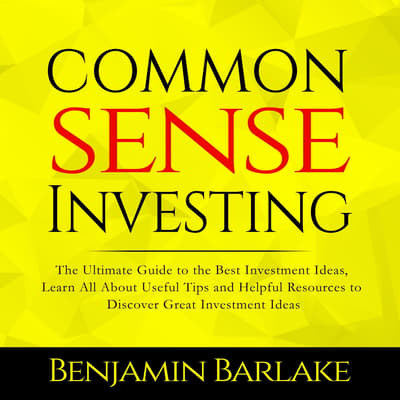
And, according to the Founders, so it is for all of our rights.

For Madison, liberty of conscience is a natural and unalienable right of the individual. Madison was fighting for a radical re-conception of the relationship of mankind and the state. “Congress shall make no law respecting an establishment of religion…” Here are the first ten words of the Bill of Rights, as found in the First Amendment: America was not going to have an official and preferred religion. Drafted by Madison, it forbade Congress even to legislate about an established religion.

The Revolution for him was not simply a matter of replacing the Colonial government with a new, indigenous government in order to address issues of taxation and trade and, like the Virginia colony, enact its own Toleration Act. Madison, you see, was a true revolutionary.

He proposed instead that religious liberty be declared, in his words, “a natural and absolute right.” George Mason, who dominated the committee’s proceedings, proposed “the fullest Toleration in the exercise of religion.”īut toleration did not go nearly far enough for Madison, and Mason’s proposal aroused him to action. For in knowing the Founders as they knew themselves, readers will learn the surprising depths of their own political powers as American citizens.Īt the age of 25 in 1776, Madison was a newly-elected delegate appointed to the committee to prepare a constitution and a declaration of rights for Virginia.īecause of his youth and junior status, he kept a very low profile on the committee-until the work on the declaration of rights came to the issue of religious conscience. Common Sense Nation reclaims the language of liberty from entities that prefer to interpret our freedoms for us. It is dedicated to the proposition that the only way to fully unlock the profound and distinctive power of American self-government is to understand it as its inventors did. In Congress and the media, political arguments are advanced by a torrent of policy studies and “expert” opinions-not on the basis of self-evident truths, unalienable rights, and definitely not in the language of the Founders.Ĭommon Sense Nation is a potent reintroduction to the political ideas of the Founders-in their own words and on their terms. If these questions are challenging or Jefferson’s words seem esoteric, it is because we no longer conduct our politics in the language of the Founders and we are no longer able to think as they thought.

Why “unalienable rights” and not simply rights? Why “self-evident” truths and not simply truths? Why does the Declaration make these distinctions? Do they really matter? But few, if any of us consider why Jefferson wrote it in exactly this way. We know it as a core principle of our founding. “We hold these Truths to be self-evident, that all men are created equal, that they are endowed by their Creator with certain unalienable Rights, that among these are Life, Liberty and the pursuit of Happiness.”


 0 kommentar(er)
0 kommentar(er)
